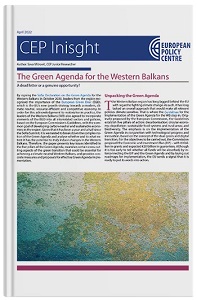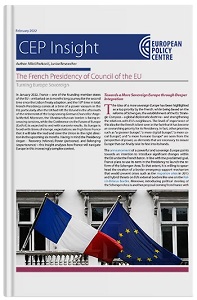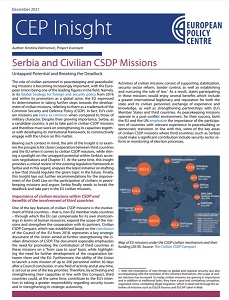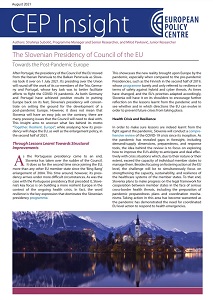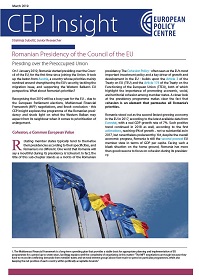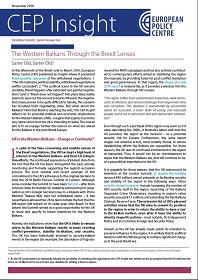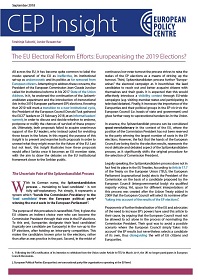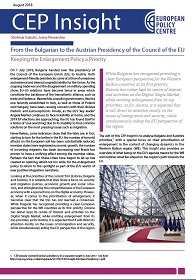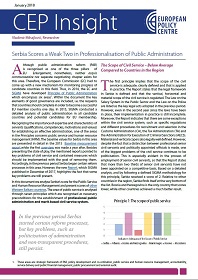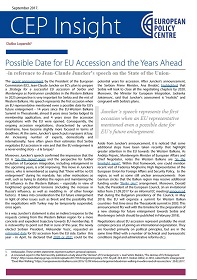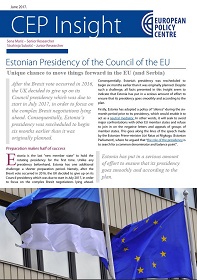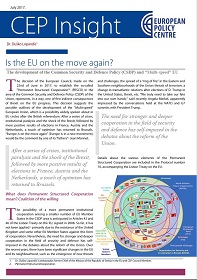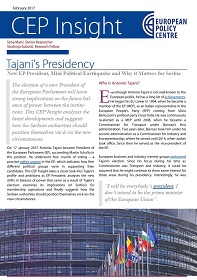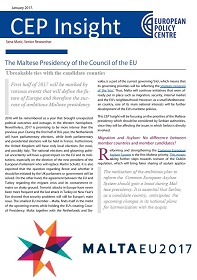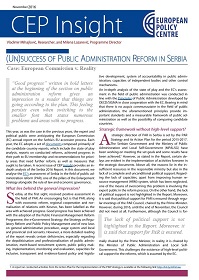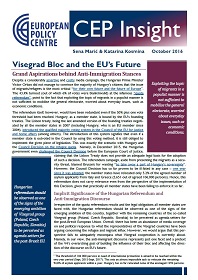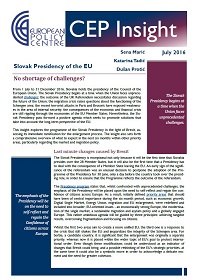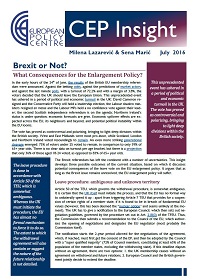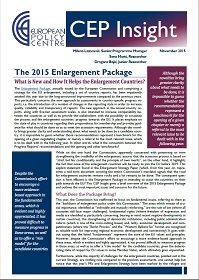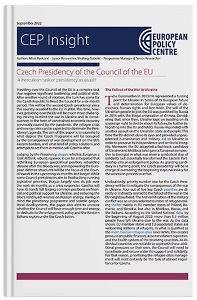
Czech Presidency of the Council of the EU
Czech Presidency of the Council of the EU
Judging by the Presidency slogan, which is Europe as a Task: Rethink, rebuild, repower, it can be anticipated that rethinking European geopolitical position, rebuilding Ukraine after the bloody war, and repowering the Euro-pean defence structures will be the focus of the Coun-cil’s work in the upcoming six months and longer. While some Council presidencies aim to finalise long-running legislative priorities, Prague largely sees its job over the next six months as a crisis responder. Czechia will have its hands full forging common positions on finan-cial and political support for Ukraine, and reducing the bloc’s continued reliance on Russian energy. Having in mind the presidency programme and volatile geopo-litical developments, this paper also aims to uncover whether the Council will have enough time and energy to dedicate to the enlargement policy and the Western Balkans region under the Czech baton.
More...
